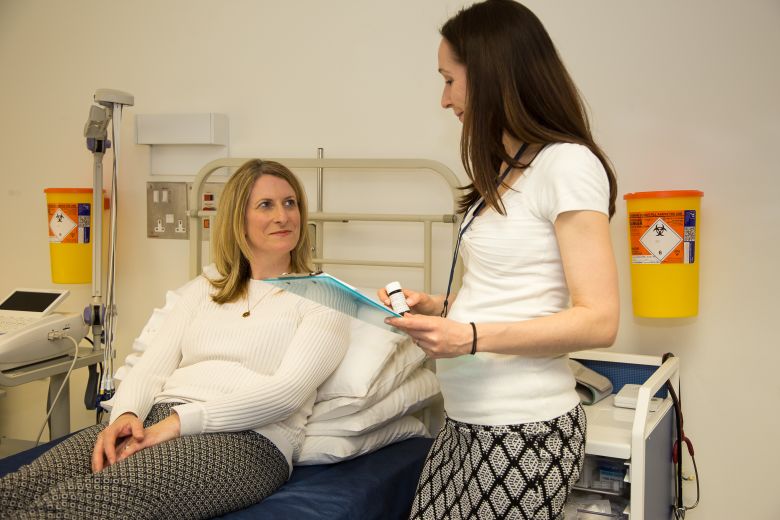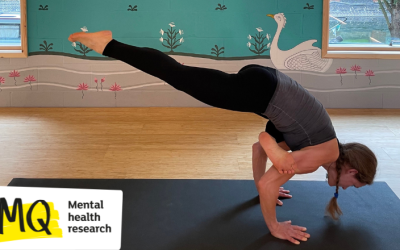Volunteers needed for study into treatment for panic disorder
Everyone feels anxious from time to time. In the run-up to a job interview or an exam, it is natural to worry about the outcome. But for some, those feelings of anxiety impact their daily lives or could be disproportionate to their situation.
Anxiety can become so overwhelming for some people that it affects their whole life. Heart palpitations, panic attacks, trouble sleeping are physical symptoms that some people may experience. Other symptoms might be the fear of meeting with friends or even leaving the house.
These can be signs of an anxiety disorder such as generalised anxiety disorder or panic disorder.
Anxiety disorders such as these are very common and can be disabling. Some people find it difficult to access treatment or to find a treatment that benefits them.
MQ fellow, Dr Andrea Reinecke from Oxford University, is working to develop more effective treatments for panic disorder. Using a logical, neuroscience-based approach, her team's work has previously shown that only one session of cognitive-behaviour therapy already has tremendous effects on anxiety.
Andrea is now running a new study, to test the idea that taking one dose of a blood pressure drug will further improve treatment response.
Andrea and her team are looking for volunteers who experience panic attacks. If you decide to take part, you will receive one session of cognitive-behaviour therapy - an effective treatment for anxiety. You will also either take one tablet of the blood pressure drug, or a placebo.
“Losartan has been routinely prescribed for over 20 years, and our previous work shows there are no side effects with single doses.” Says Andrea. “Before and after your treatment, you will be working on questionnaires asking about your anxiety, and we will ask you to work on a few computer games. We are hoping that the results from this study will shape how we treat anxiety disorders, by recommending a brief combination treatment approach with greater overall effects.”
To find out more about this study and to apply please visit the Participate site here.



